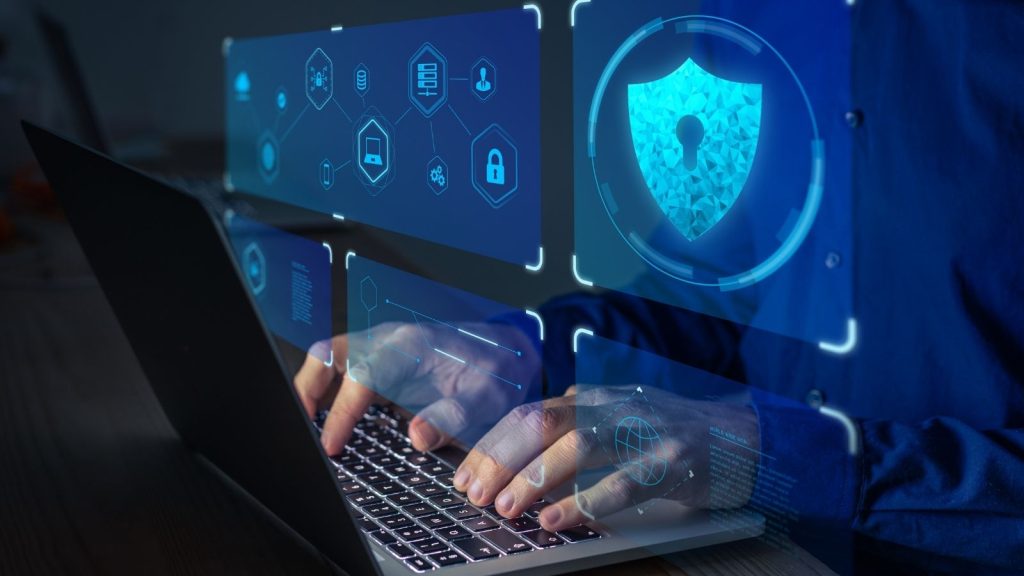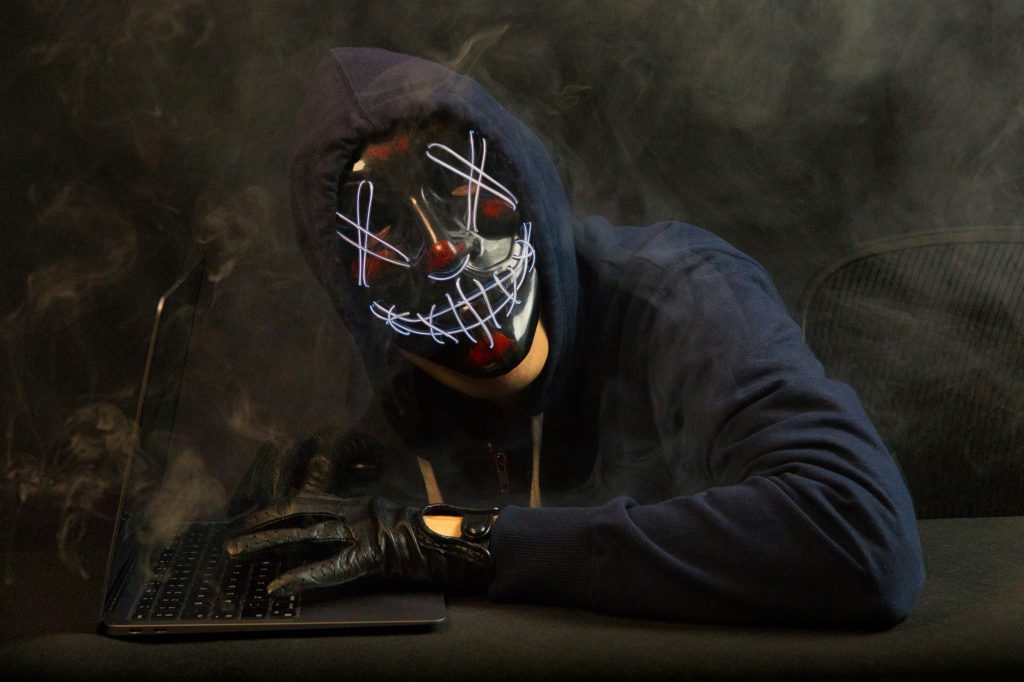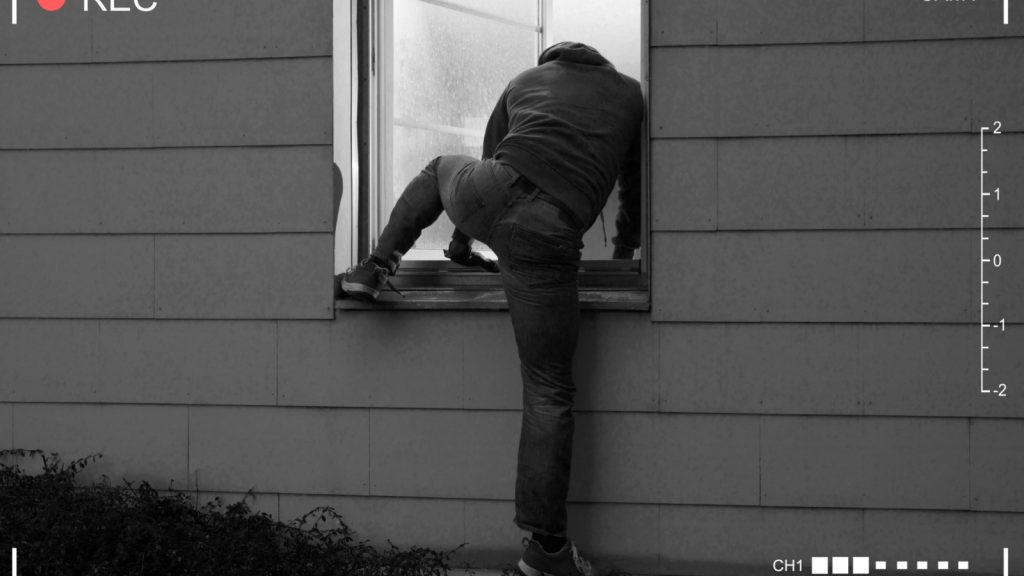Remember when a power outage meant breaking out the candles and playing board games? Those days are long gone. Today, when the grid goes down, our entire lives can grind to a halt. I’m talking about everything from your smart doorbell to your bank account becoming inaccessible in an instant. As we dive deeper into 2025, the stakes have never been higher.

Your Coffee Maker Could Be a Hacker’s Best Friend
It sounds like science fiction, but here’s the reality: the smart devices we’ve welcomed into our homes with open arms have created a web of vulnerabilities that would make any security expert lose sleep. That fancy coffee maker that starts brewing before you wake up? It could be the weak link that gives cyber attackers access to your entire home network.
The bad guys aren’t just teenagers in hoodies anymore. We’re facing sophisticated criminal organizations and state-sponsored hackers who are using artificial intelligence to find weaknesses in our systems. Imagine an AI that works 24/7, probing for gaps in security the way water searches for cracks in a dam. That’s what we’re up against in 2025.
When the Lights Go Out, Chaos Follows
Picture this: You’re at the grocery store, cart full of food, when suddenly the payment systems crash. The backup generators kick in for the lights, but the registers are dead because the internet is down. Your phone isn’t working either. The traffic lights outside are dark, and the hospital down the street is scrambling to keep life-support systems running on backup power.
This isn’t dystopian fiction – it’s a scenario that emergency planners lose sleep over. When major systems fail, the effects cascade like dominoes. A cyber attack that takes down a power grid doesn’t just turn off the lights; it can paralyze entire cities. During the recent blackouts in several major cities, we saw how quickly things can unravel. ATMs stop working. Gas pumps go offline. Even water treatment plants can be affected, leading to boil-water advisories.
Fighting Back: More Than Just Strong Passwords
So what can we actually do about all this? Quite a lot, actually. Digital preparedness in 2025 isn’t just about having a good antivirus program – though that’s still important. It’s about fundamentally changing how we think about our connected world.
For families, it means having a real plan for when systems go down. Keep some cash at home. Have a backup of important documents that doesn’t rely on the cloud. Invest in a good power bank – or several. Know how to manually override your garage door and other smart home systems.
For businesses, the stakes are even higher. It’s not enough to have an IT department that updates your software. You need people who understand both cybersecurity and your physical infrastructure. You need regular drills that test what happens when systems fail. And most importantly, you need employees who understand that security isn’t just IT’s problem – it’s everyone’s responsibility.
The future isn’t all doom and gloom, though. New technologies are emerging that could make our systems more resilient. Some companies are experimenting with self-healing networks that can detect and fix problems automatically. Others are developing “air-gapped” backup systems that can keep critical services running even if the main network is compromised.
But here’s the thing: all the fancy technology in the world won’t help if we don’t take this seriously. Digital preparedness isn’t just another item on our to-do list – it’s becoming as fundamental as having home insurance or wearing a seatbelt. In 2025, it’s not about if a cyber crisis will hit, but when. The good news? We’re not helpless. By understanding the risks and taking concrete steps to prepare, we can face these challenges head-on.
Remember: in a world where everything is connected, resilience isn’t just about having a backup plan – it’s about having a backup for your backup. And maybe keep those board games handy, just in case.
James is a former logistics coordinator and wilderness safety instructor, whose practical experience taught him the value of sensible preparedness and calm resilience. Passionate about self-reliance, James teaches everyday skills—like water purification, emergency communication, and outdoor safety—to help people confidently handle life's disruptions without fear or overwhelm. His approachable style combines real-world insights with relatable, personal stories and experiences.



